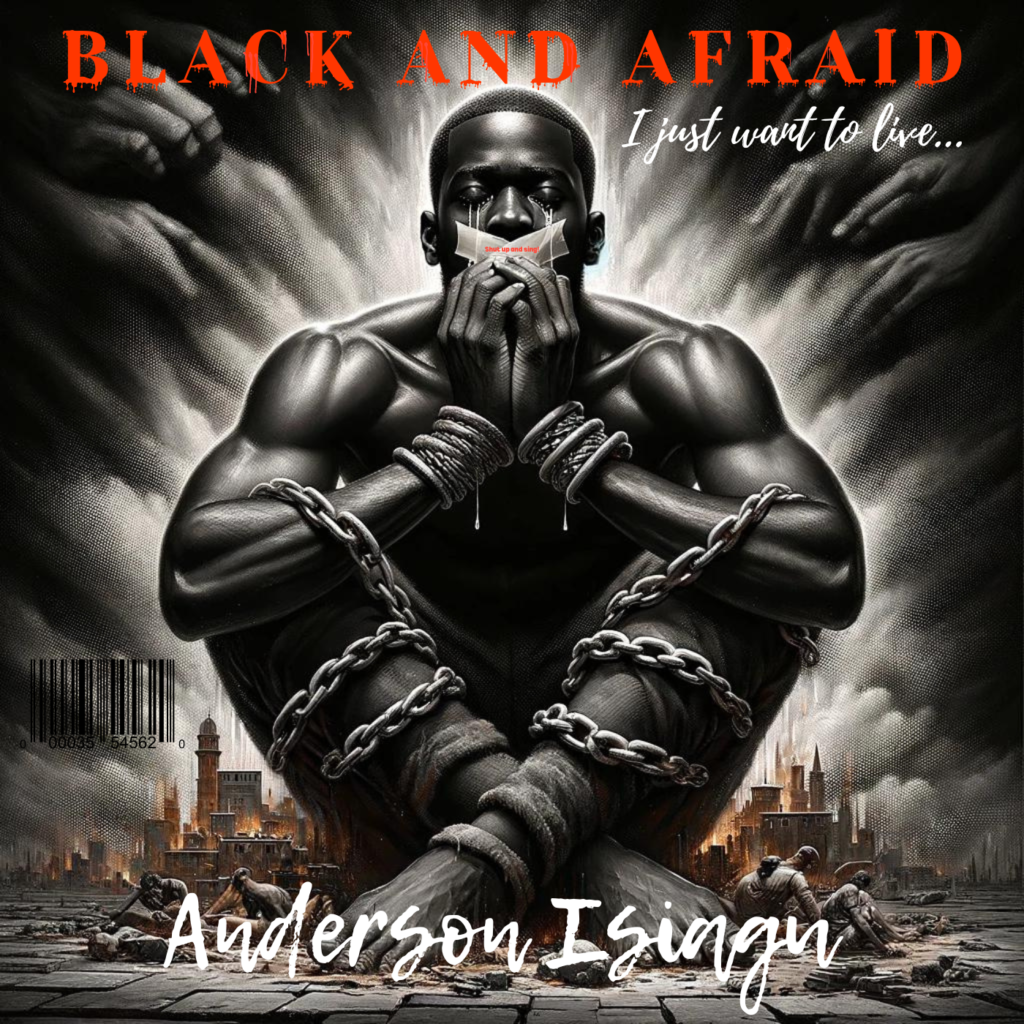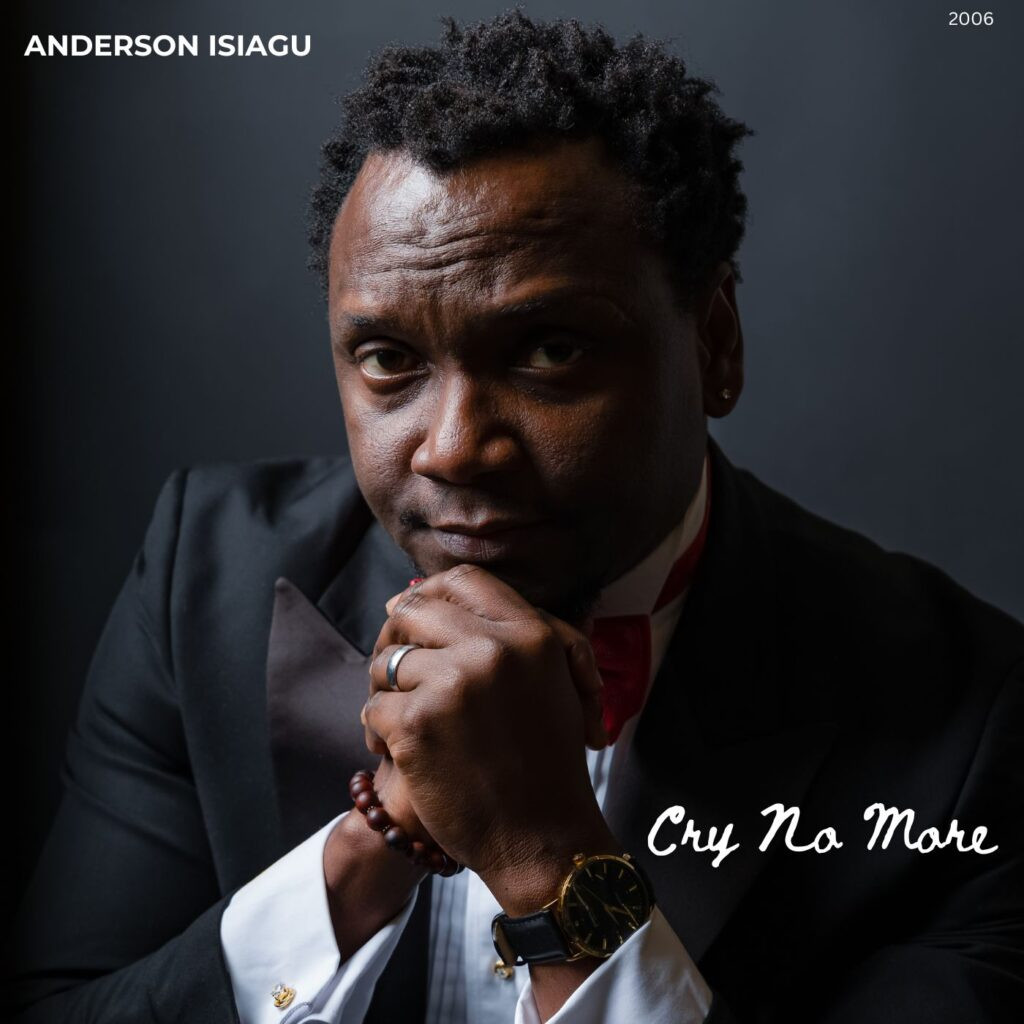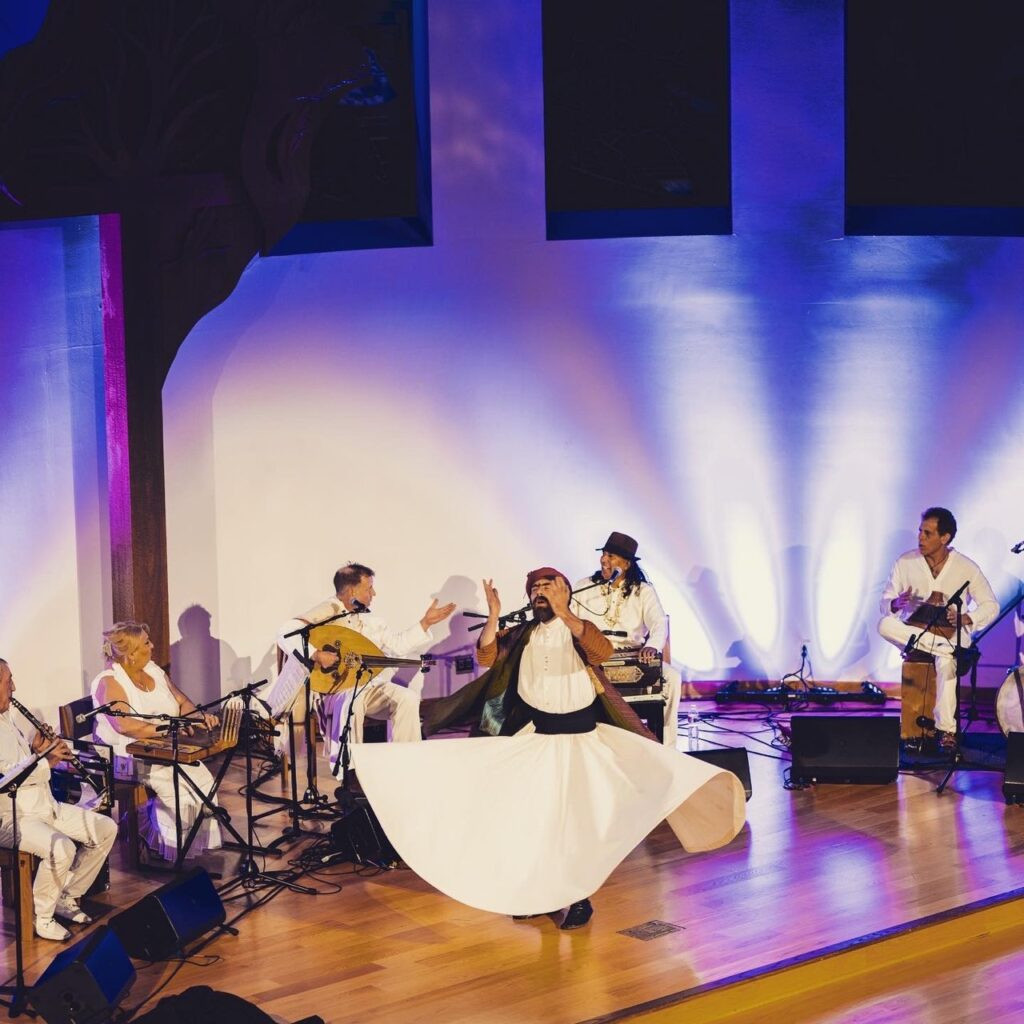When Worship Becomes Performance.


Worship is meant to be a dialogue with God, rooted in John 4:23, participatory and communal, not a spectacle. Today’s services often mirror concerts with LED walls, concert lighting, heavy bass, click tracks, and smoke, which can overshadow spiritual engagement. With altars removed or minimized, stages can center performers instead of God. Leaders are urged to pursue excellence guided by the Holy Spirit, not applause, recalling David’s resolve to offer God what costs something (2 Samuel 24). When performance takes priority, congregations become spectators rather than worshippers. The call is to train musicians as ministers, shift language from set lists to services, and make room for silence, repentance, and Spirit-led spontaneity. Sacrosanctum Concilium affirms sacred music should foster unity, solemnity, and prayerful delight. True worship is surrender to God’s sovereignty, and our offerings should rise like Abel’s accepted sacrifice.
Why I No Longer Want to Use the Word “Griot”


For decades, outsiders have lumped Africa’s jeliw, gewel, onye akwa, and countless other culture keepers under one imported label—“griot.” The word traces to Portuguese criado (“servant”) and 18th-century French colonial records, yet it still dominates textbooks and music syllabi across the continent. When we swap living, indigenous names for a foreign catch-all, we flatten rich, distinct roles—praise-singer, historian, drummer, spiritual adviser—into a single colonial shorthand. True decolonization starts with language: retiring “griot” and restoring the authentic terms rooted in each community’s tongue.
Highlife Music Showdown:
Ghana vs Nigeria – The Controversial History of West Africa’s Legendary Genre 🎶 Ghana or Nigeria? The Highlife music battle goes beyond what you think! 🇬🇭🇳🇬 From its roots in “Palm-Wine” music from Liberia, Highlife has evolved into one of West Africa’s most iconic genres. But who really owns the sound? In this video,I dive deep into […]
Not Funny, Lord: Trusting Through Trials


Discover how faith can guide us through life’s toughest trials in our latest blog post, “Not Funny, Lord: Trusting Through Trials.” Explore personal stories of resilience, the biblical tale of Job, and the unshakeable trust that sustains us during hardships. Learn how to find strength and purpose through unwavering faith. Join us as we delve into the profound lessons of suffering, trust, and divine humor.
Black And Afraid (I Just Want To Live)


Gratitude fills my heart for your willingness to engage with my music and for the steadfast support you’ve shown. I warmly encourage you to immerse yourself in the melodies and messages of this song, to ponder its themes, and to extend its reach by sharing it with those dear to you. Let’s spread the word, inspire reflection, and foster a community of listeners who are moved not just by sound, but by the profound messages we navigate together.
Maximizing Your Vocal Potential: A Succinct Guide to Selecting a Vocal Coach and Honing Your Craft


Vocal coaching is an important factor in taking the voice from a raw, undeveloped form into a seasoned and technically sound shape. The coach is familiar with all shades of vocal faults as well as appropriate diagnosis and exercises for solving them. The expertise of a coach is needed in detecting bad vocal habits that are disguised as good singing but in the long run tend to lead to over exertion or premature careers. The importance of a good coach cannot be overemphasized, which underscores the need to research extensively and carefully when choosing one.
Cry No More (2006)


Cry No More (2006)
by Anderson Isiagu
OFFERTORY IN MEDIEVAL TIMES AND THEIR PARALLEL TO MUSIC IN AFRICAN TRADITIONAL WORSHIP


When we observe our lives and the activities we engage in from day to day, we are able to gather quickly the things that are important and indispensable for a satisfactory and rich experience. Since the time of antiquity to present day modernism, music has continuously remained an important part of our existence and the shared experiences that unite people. Great writers and thinkers such as Aristotle, Chalcidius, Guido of Arezzo, Boethius and Augustine have written extensively about music and over time, music has continued to garner mor and more attention to this day.
Concert for Unity with The Yuval Ron Ensemble: A Review


The California Lutheran University hosts an artist and speakers series regularly. One of them is the concert for unity which held at 7PM of Tuesday October 15th, 2019. This installment of the series featured the Yuval Ron Ensemble, a group dedicated to the performance of music from the Middle East, irrespective of their religious affiliations.
‘The Word became Flesh and Dwelt Among Us’- A Concert by the Heritage Christian High School Choir: A Review
It is not common to witness a high school choir Christmas concert performance that has all the trappings of a professional, well- funded group.


